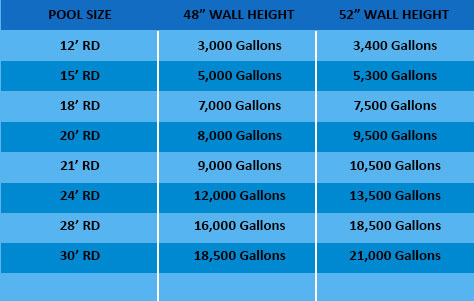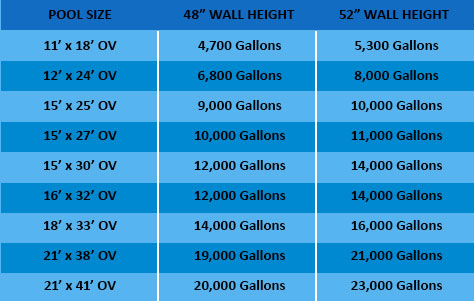SHIPS
TODAY Order Within:
-
SHOP ALL
- Pools
- Spas
- Chemicals
- Liners
- Equipment
- Covers
- Ladders | Steps
- Cleaning
- Accessories
- Pool Fun
- Clearance
Select A Category
- Pools
- Pool Opening
-
Enter Catalog/Email Code
Invalid Code






 Pools
Pools Spas
Spas Liners
Liners Equipment
Equipment Covers
Covers Accessories
Accessories Cleaning
Cleaning  Pool Fun
Pool Fun  Clearance
Clearance







